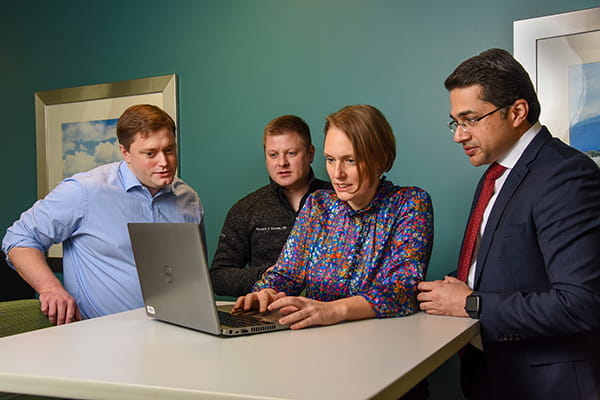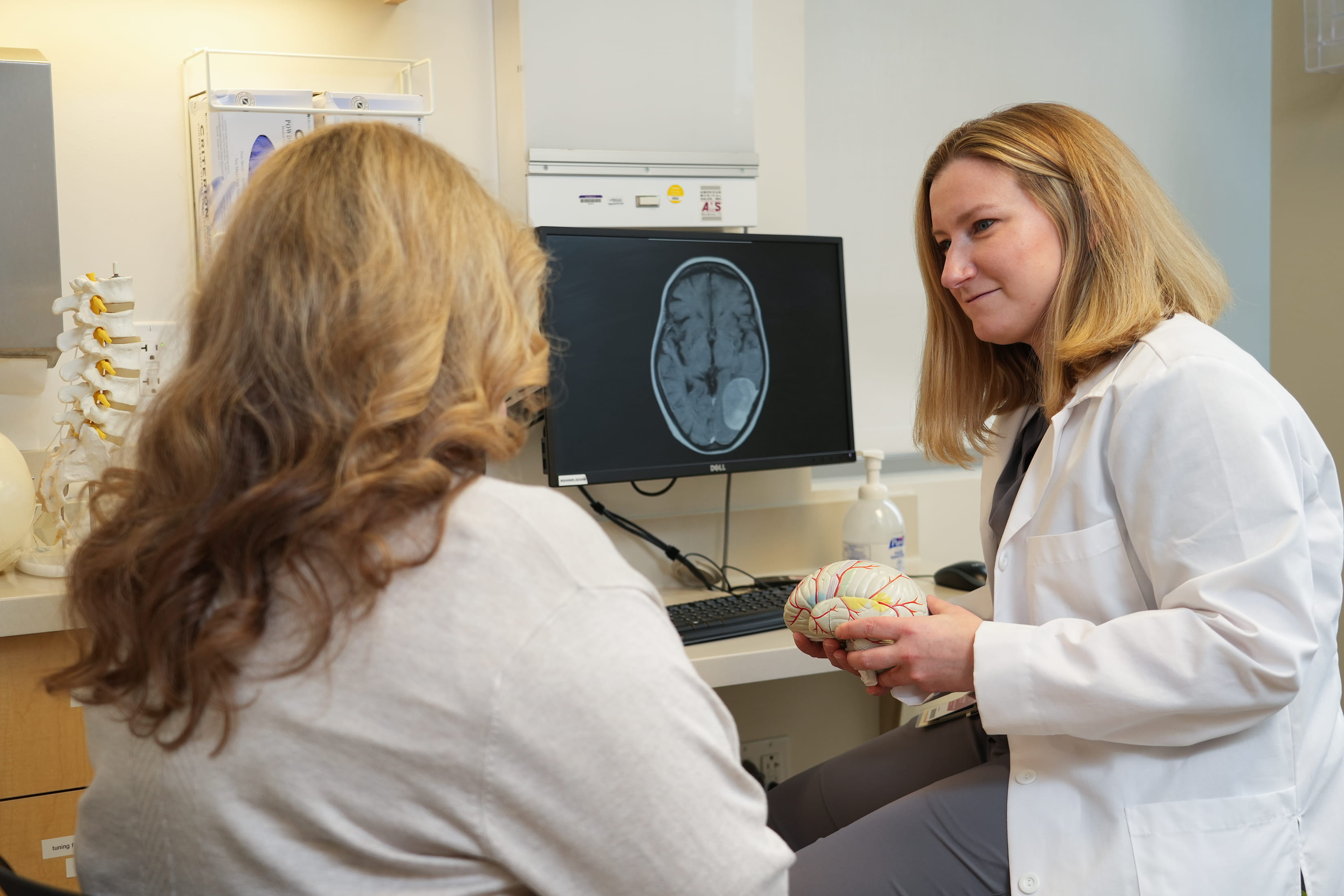The neurocritical care unit provides highly advanced critical services including:
- Neurotrauma (Level 1 Trauma Center)
- Comprehensive (Level 1) stroke care
- Advanced neuro-intervention for intra-cranial vascular diseases
- Advanced tertiary level neuro and general critical care services including advanced heart failure, ECMO and transplant services
- Support for highly active neurosurgery and neurology residency programs.
Program Description
The neurocritical care program at IU School of Medicine offers a one- or two-year track for training at Indiana University Health Methodist Hospital/Academic Health Center.



